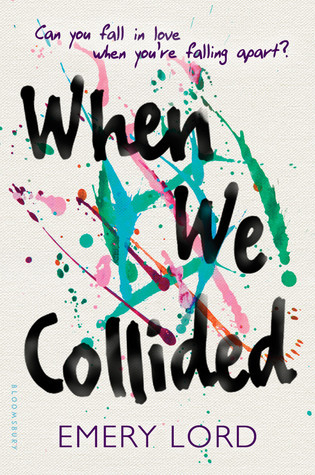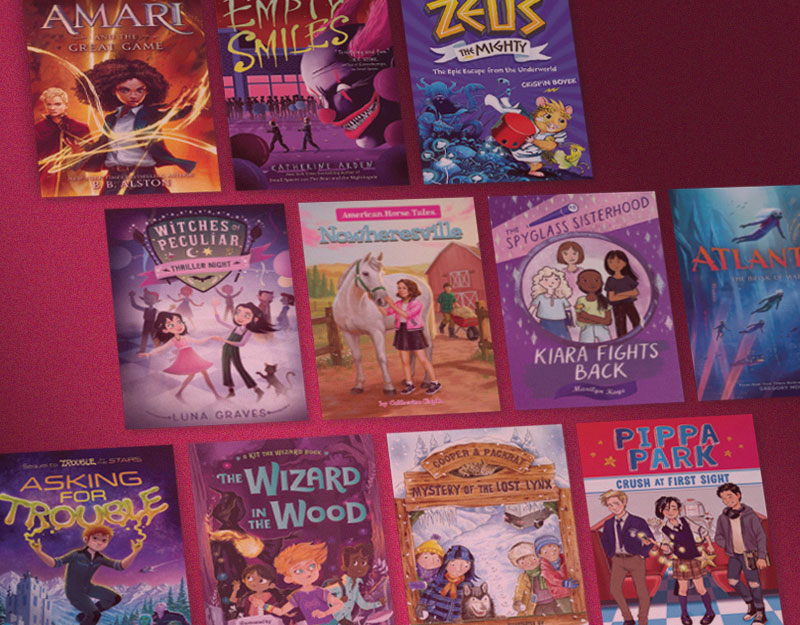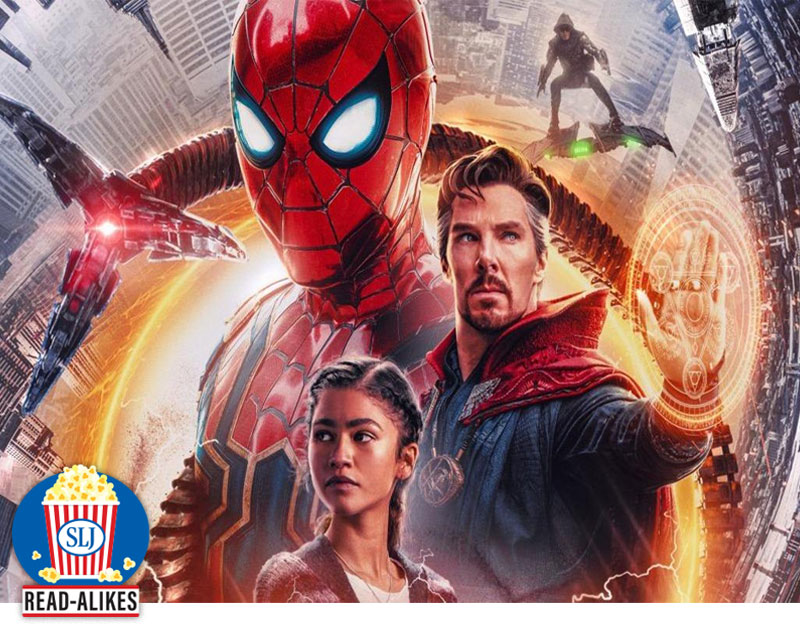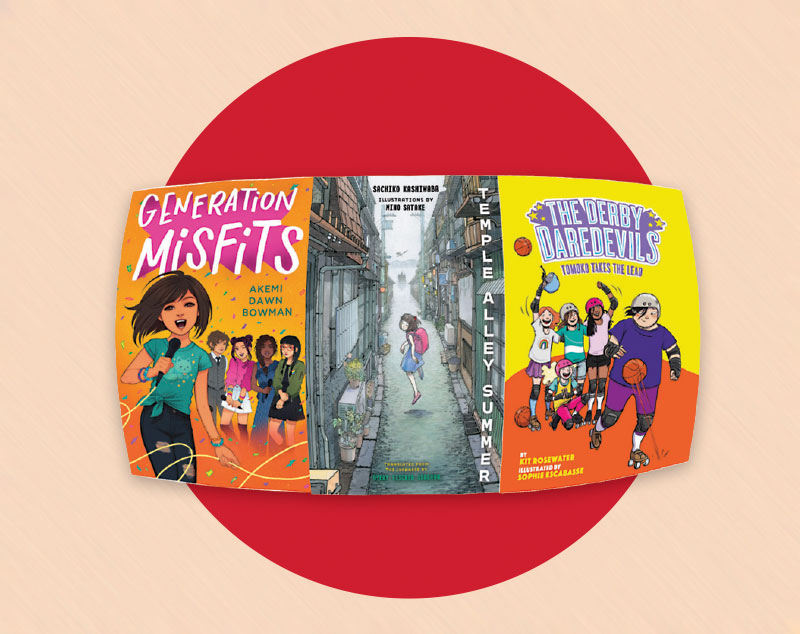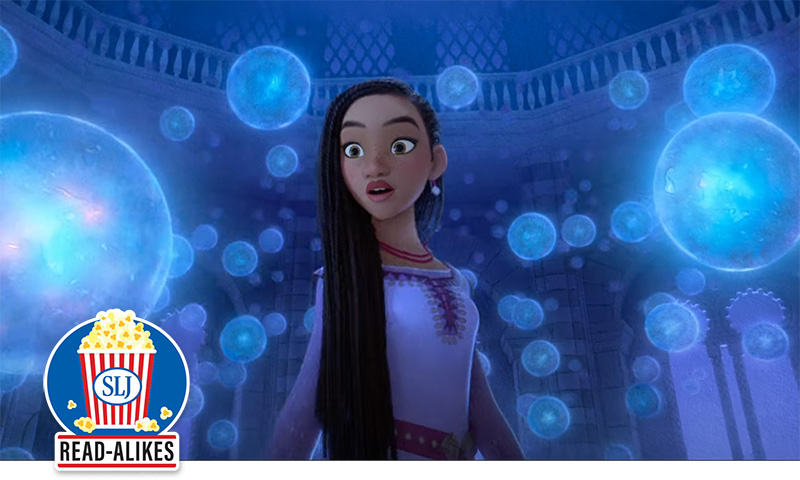#MHYALit: On Medication, a guest post by author Emery Lord
Today we are honored to host author Emery Lord as part of the #MHYALit Discussion. Her latest release, WHEN WE COLLIDED, debuts tomorrow from Bloomsbury. Today she is joining us to discuss medication, teens and mental health. You can read all the #MHYALit posts here.
Let’s get the personal info out of the way: I have been healthy on and off medication; I have been unhealthy on and off medication. I have chosen medication, and not medication. Because my health is a dynamic relationship—me and my mind and body, it means changing my approach sometimes. And so I certainly don’t think there is a universal right or wrong way to treat mental illness. Just right for you.
ADVERTISEMENT
ADVERTISEMENT
While I was researching When We Collided, one of the first questions I asked a doctor was if teens failing/refusing to take prescribed medication is as prevalent as it seems? (The refusal to take medicine or having very negative feelings toward medication is a frequent storyline in young adult media.) Yes, she said. But not just mental health medication. A very common ER issue is diabetic teens who simply don’t monitor their blood sugar.
This stuck in my mind. I always thought teens not taking their anti-depressants or anti-psychotics was due to the stigma of mental illness. It’s a stigma that is scaffolded by movies and TV shows that portray medication almost exclusively as something that dampens your creativity and joie de vivre. And does that happen? Sure, to some people. But others will tell you that medication let them access their creativity and joie de vivre again. (I, for example, would say that.)
So, is it that there’s a stigma for anything outside “healthy” range? Or maybe it’s about acceptance? Is it that we haven’t fully accepted that something—anything—is wrong enough to need correction? Or even if we know medication might help—we so badly don’t want to need them?
Or is it maybe it’s not stigma. Maybe it’s that teenagerdom is so much about rising further into your individuality—and I believe it matters to have agency over your body at any age. I know I felt, as a teen and well into my 20s, very resistant to medication for my mental or physical health.
In writing When We Collided, I wrestled with how to portray medication. I wanted to portray medication as what it is: an option that many people try. But…to not portray any resistance to medication? It felt like romanticizing.
While I do enjoy writing romance into my books, I do not like romanticizing. What I mean is: humans, and thereby teenagers, act imperfectly. They screw up—sometimes objectively, sometimes in your opinion. I write questionable or bad choices, unkind behavior, and disagreements because I think the point of fiction is to dig toward the bones of truth.
In the end, I made medication part of a conversation with my character. She starts by discontinuing ones of her medications without consulting a parent or doctor, and there are serious consequences. But she enters into dialogue with her parent and health care providers about what to do. It’s her choice.
And it’s not perfect, how she does it. (Is it perfect how any of us do?)
I guess this is my hope for books, and especially for YA: that MANY journeys with mental health care are portrayed. I hope readers see medication being a casual part of someone’s daily routine. (As it is for many people.) I hope readers see medication being a struggle—in terms of side effects, emotions, all of it. (As it is for many people.) I hope readers meet characters who would say their meds changed their life for the considerably better. (As they do for many people.) I hope readers meet characters who choose to live without meds all or some of the time. (Yep.) I think, as always, readers need to see reality: good choices and bad choices reflected on the page. The hard parts and the best parts. The fact that good mental health is rarely a destination, but a lifelong relationship that you maintain.
ADVERTISEMENT
ADVERTISEMENT
And, actually. I take back what I said in the first paragraph. I can think of one universal right way to treat mental illness: with gentleness toward yourself. It’s okay to get it wrong sometimes. And it is so entirely worth trying again.
About WHEN WE COLLIDED
We are seventeen and shattered and still dancing. We have messy, throbbing hearts, and we are stronger than anyone could ever know…
Jonah never thought a girl like Vivi would come along.
Vivi didn’t know Jonah would light up her world.
Neither of them expected a summer like this…a summer that would rewrite their futures.
In an unflinching story about new love, old wounds, and forces beyond our control, two teens find that when you collide with the right person at just the right time, it will change you forever. (Publishes April 5, 2016 from Bloomsbury)
Ally’s Thoughts
When we were reading books for #MHYALit earlier this year, Ally Watkins read this title and she immediately texted me to tell me that this book was “so incredibly good” and that she couldn’t stop crying. She highly recommends it.
Meet Author Emery Lord
Emery Lord is the author of OPEN ROAD SUMMER, THE START OF ME & YOU, and WHEN WE COLLIDED. She lives in Cincinnati with a scientist, a one-eyed beagle, and a dog named Winston Churchill
Filed under: #MHYALit
About Karen Jensen, MLS
Karen Jensen has been a Teen Services Librarian for almost 30 years. She created TLT in 2011 and is the co-editor of The Whole Library Handbook: Teen Services with Heather Booth (ALA Editions, 2014).
ADVERTISEMENT
ADVERTISEMENT
SLJ Blog Network
One Star Review, Guess Who? (#202)
Review of the Day: My Antarctica by G. Neri, ill. Corban Wilkin
Exclusive: Giant Magical Otters Invade New Hex Vet Graphic Novel | News
Parsing Religion in Public Schools
ADVERTISEMENT


